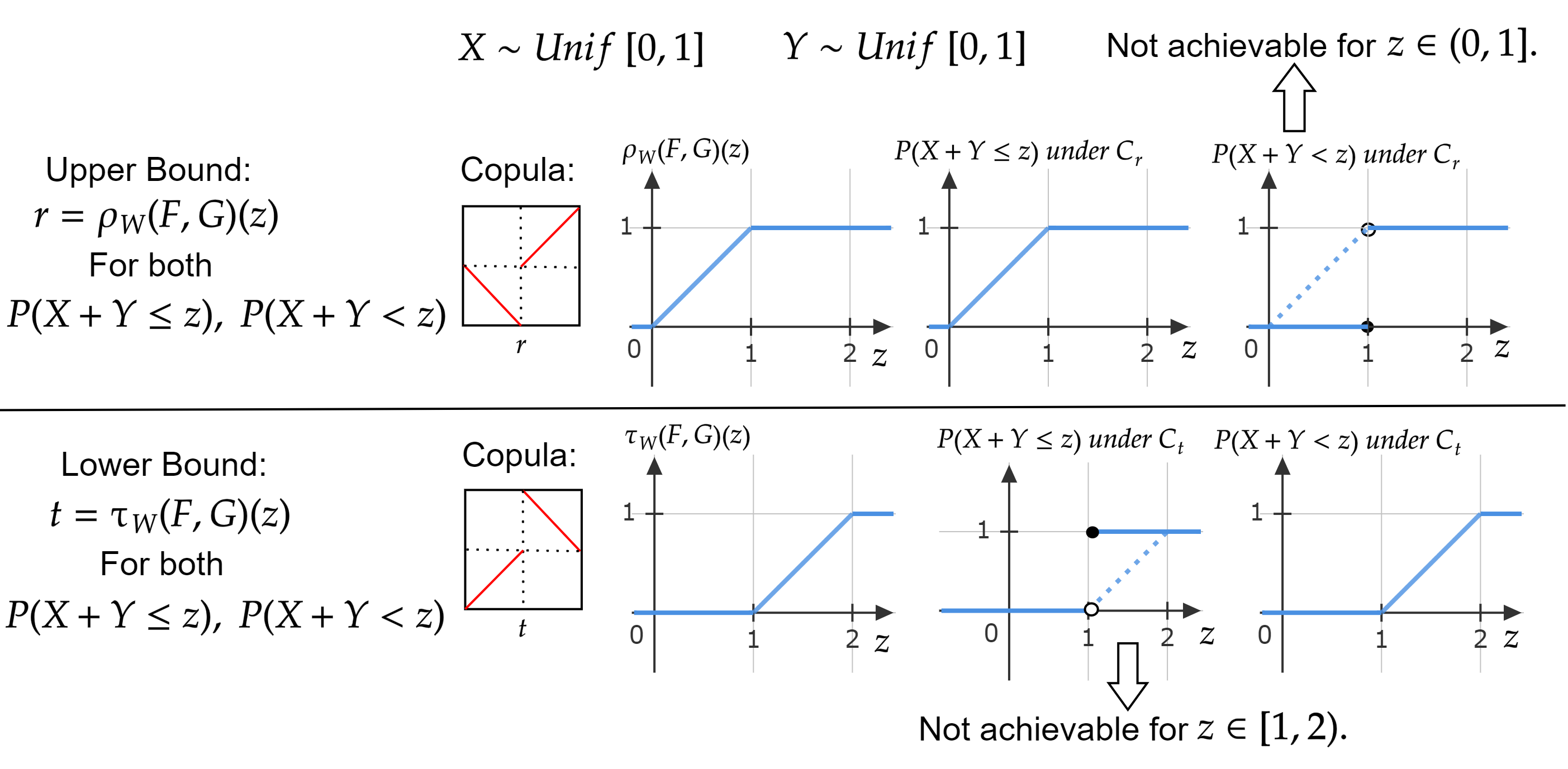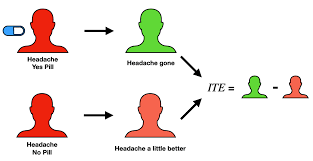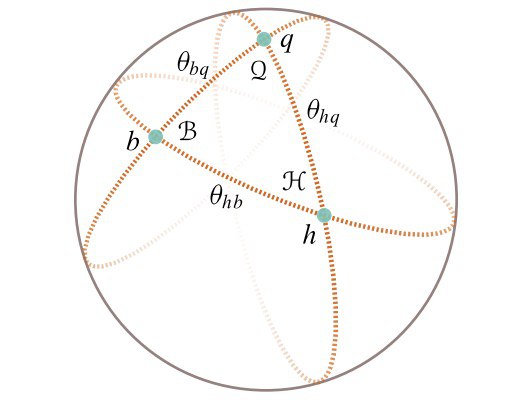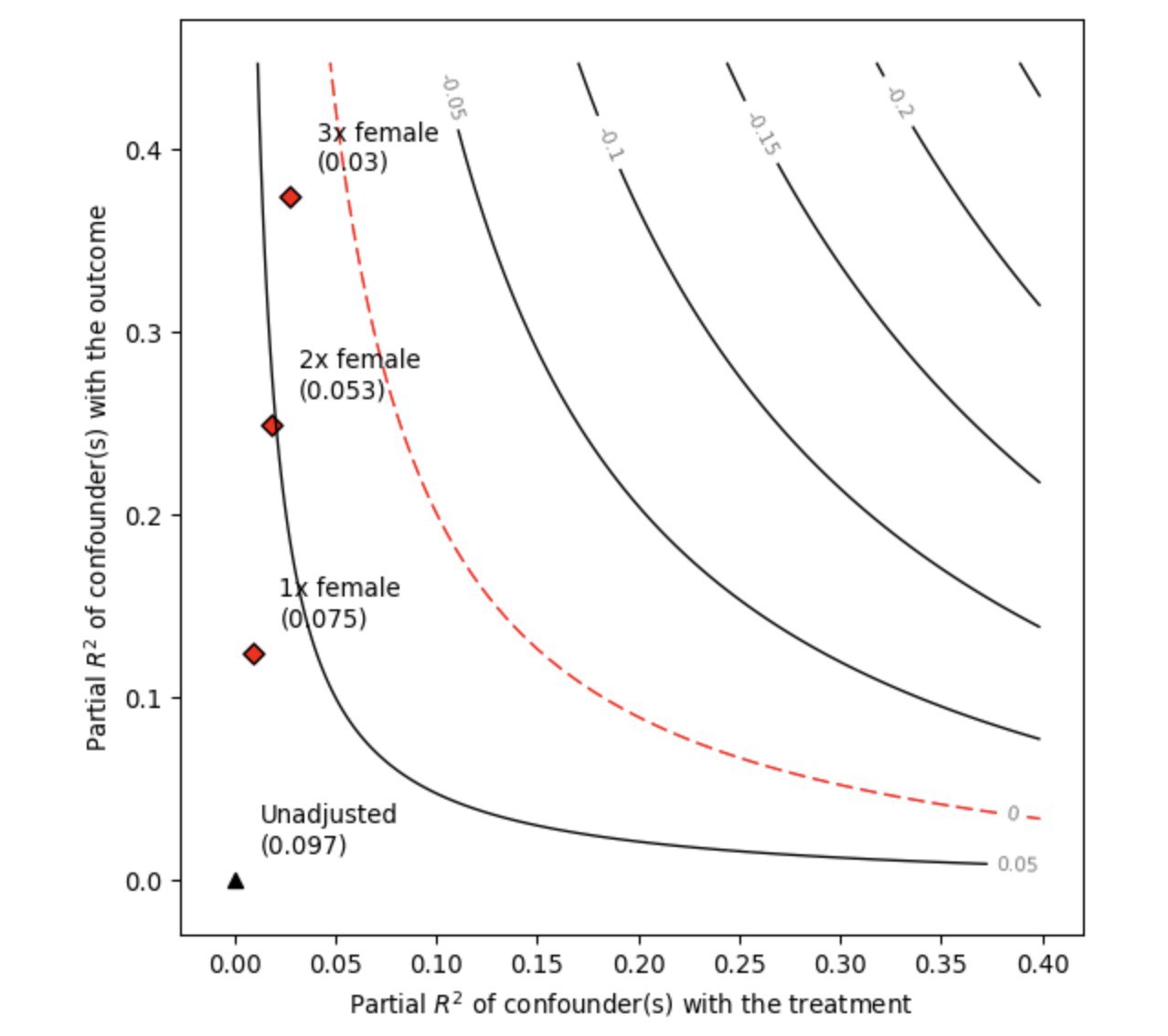|
I am a Statistics PhD candidate at University of Washington, where I work on causal inference with Carlos Cinelli and Thomas Richardson. I also worked on applied projects with Wei Sun and Janet Baseman at Fred Hutchinson Cancer Center and UW. I did my undergraduate at College of Creative Studies, UC Santa Barbara, where I double majored in Mathematics and Statistics. I was fortunate to be advised by Karel Casteel and Alex Shkolnik. |

|
|
I'm boardly interested in causal inference, sensitivity analysis, machine learning, and applications in finance and biology. |
 
|
We revisit the following problem, proposed by Kolmogorov: given prescribed marginal distributions F and G for random variables X,Y respectively, characterize the set of compatible distribution functions for the sum Z=X+Y. Kolmogorov's problem is closely related to inferring possible distributions for individual treatment effects given the marginal distributions of Y1 and Y0; the latter being identified from a randomized experiment. |
 
|
We study the individual treatment effect (ITE) in causal inference settings and provide partial identification results, bounds on distribution effects and decision-making discussions. We utilize copulas and Strassen's theorem in our proof. Preprint will be available on ArXiv soon. |
 
|
We assess the impact of Washington State’s exposure notification tool, WA Notify, in mitigating the spread of COVID-19 during its first four months of implementation. |
 
|
We compare maxillofacial and head injury location, type and severity related to electric scooters and bicycle accidents and to identify factors contributing to injury severity. |
 
|
We provide a comprehensive examination of current automatic segmentation techniques on MRI images. We also discuss optimization methods for isocenter selection. |
 
|
We used stochastic models to simulate chemical reactions in cells. Derived equations to solve for rates under different models and conducted data simulation. |
 
|
Undergraduate Thesis: We present a new James-Stein type estimator on multivariate regression that shrinks the dispersion bias we defined with asymptotic good properties. |
|
|
 |
Data Science Intern (Summer 2024).
Data Science team at Databricks (work on revenue prediction). Hosted by Zubair Anwar and Jianda Zhou. |
 |
PhD Software Engineer Intern (Summer 2022).
Google Cloud Hub Search Team (help launched gmail/chat search chips feature). Hosted by Sean Ryan and Nick Scoliard. |
 |
Graduate Research Intern (Summer 2021).
Comcast Applied AI team (work on xFinity WiFi optimization). Hosted by Hongcheng Wang and Yonatan Voizman. |
|
|
 |
Undergraduate Classes:
STAT 311 Elements of Statistical Methods (Fall 2020, Winter 2021) STAT/MATH 396 A Finite Markov Chains and Monte-Carlo Methods (Spring 2022) |
 |
Graduate Classes:
STAT 502 Design and Analysis of Experiments (Fall 2022) STAT 504 Applied Regression (Winter 2022, 2023) STAT 566 Causal Modeling (Spring 2023) STAT 570 Advanced Regression Methods for Independent Data (Fall 2023) STAT 571 Advanced Regression Methods for Dependent Data (Winter 2024) |
|
|
 |
PySensemakr: a suite of sensitivity analysis tools that makes it easier to understand the impact of omitted variables in linear regression models, as discussed in Cinelli and Hazlett (2020).
Package can be installed via pip (pypi) and a quick tutorial. Other tutorial article using the package. |
|
Website credit to Jon Barron's source code. |